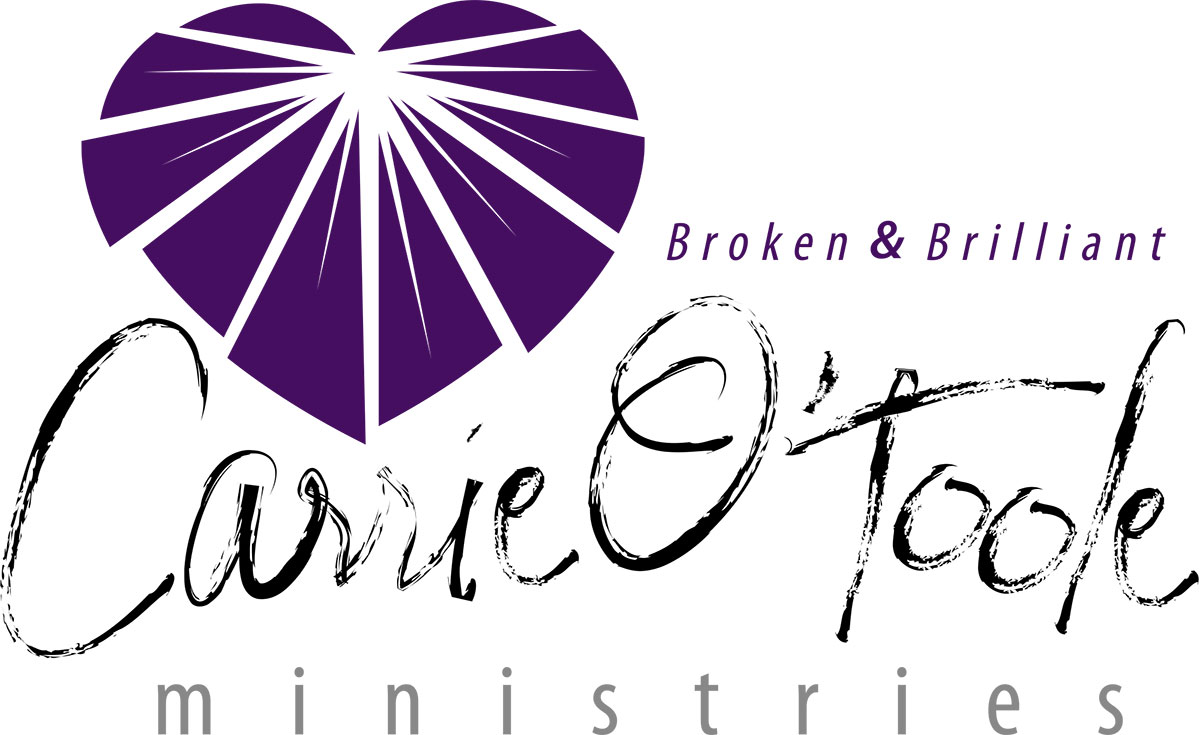
Colorado Life Coach: Good in, Bad out
My boundaries used to suck!
They were so bad, that my psychiatrist (who I was seeing due to sleep, anxiety and depression issues) told me I needed to teach a class on boundaries, so I’d learn them.
So I did–4 times!
It worked! I’m now teaching others how to have good boundaries.
What is a boundary? It defines what is us, and what is not us. What am I responsible for and what am I not responsible for?
We are responsible to others and for ourselves. We each have things we are responsible for: our health, our sleep, our weight, our job, our finances, our relationships, our emotions, our spirituality, our property, the direction of our lives. No one can carry our responsibilities for us.
Sometimes a crisis or tragedy enters our lives. This is when we need the help of others. We cannot and should not carry these by ourselves.
Boundaries help us keep out the bad, and let in the good.
Problems come when we do 1 of 4 things:
1. Can’t say “no”
Feel guilty and controlled by others.
Can’t set boundaries.
This comes from fear of:
Hurting feelings
Abandonment/separateness
Someone’s anger
Punishment
Being shamed
Being seen as bad or selfish
Being unspiritual
One’s own overstrict, critical conscience (that harsh parental voice we hear)
Journal questions for growth:
~When have you noticed your spiritual or emotional “radar” not functioning?
~What bad things have you said, “Yes” to?
~Do you condemn yourself for things that God doesn’t?
~When have you obeyed your harsh conscience to avoid guilt from confrontation?
~When have you said, “Yes,” but felt resentful?
~What might you do next time?
2. Can’t say “yes”
Sets boundaries against responsibility to love.
See needs in others as weak.
This comes from either a critical spirit towards others’ needs.
You hate being needy, so you ignore the needs of others.
OR
Being absorbed with your own desires and needs to the exclusion of others.
Journal questions for growth:
~When have you failed to act responsibly toward another?
~Do you have a critical spirit or are you absorbed with your own needs?
~How good are you at taking care of yourself?
~How does this affect your willingness to help other people?
3. Can’t hear “no”
Aggressively or manipulatively violate boundaries of others.
This comes from not wanting to take responsibility for your life.
Projecting that responsibility on other people.
Happens through either
Aggressive control:
Run over people’s boundaries.
Unaware of other’s boundaries.
Try to get others to change.
No room for someone to say, “No.”
Refuse to accept people as they are.
OR
Manipulative control:
Less honest.
Try to talk others into a “Yes.”
Indirectly manipulate circumstances to get your way.
Use guilt.
Journal questions for growth:
~When have you been perceived as a controller?
~When have you neglected your responsibility to accept others as they are?
~Have you denied your desires to control others, brushed aside your self-centeredness, admitted no wrong?
~Have you done something for someone hoping to receive something in return?
4. Can’t hear “yes”
Sets boundaries against receiving care of others.
This comes from:
Inability to ask for help.
Inability to recognize one’s own needs.
Won’t let others in.
Won’t accept support.
Experience problems and legitimate needs as bad, destructive, or shameful.
Journal questions for growth:
~Do you avoid opportunities for others to love and support you?
~Are your boundaries more like walls than fences?
~Do you experience your problems, legitimate needs and wants as bad, destructive, shameful?
~Do you have reversed boundaries? (Let in the bad, but keep out the good).
Final thoughts:
It takes courage to look at yourself.
Most people choose to stay the same.
It’s hard work to change.
It takes a lot of energy, huge doses of humility, and effort to change.
It’s totally worth it!
For more information, please read: Boundaries, By Henry Cloud and John Townsend.
This post written by: Colorado Life Coach, Carrie O’Toole.




